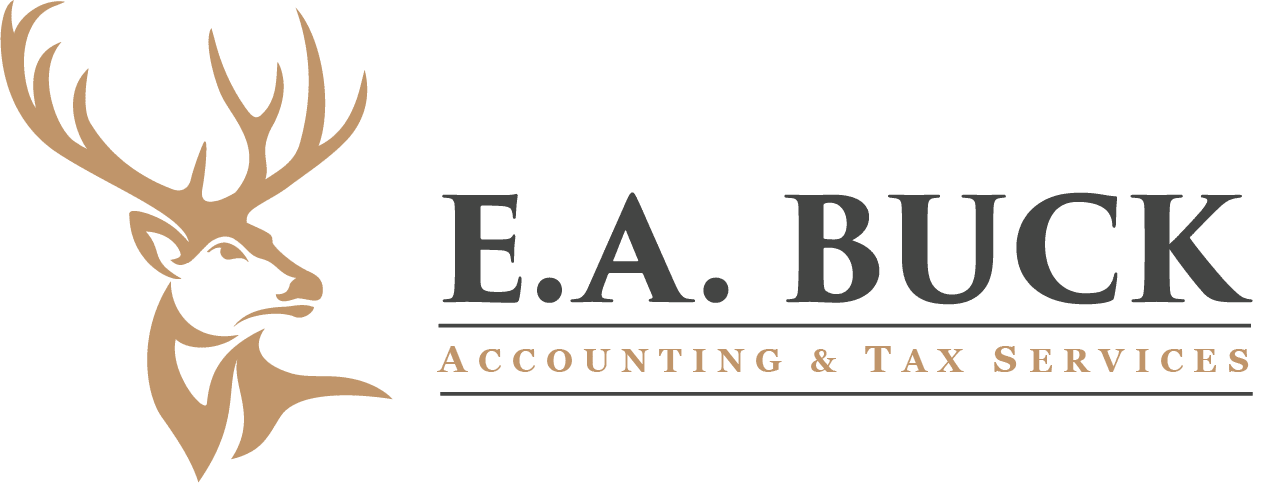Bookkeeping is an essential part of any business. By recording and categorizing financial transactions, you can keep track of your company’s overall financial health. This allows you to make better decisions about where to allocate your resources and how to grow your business. In this blog post, we will explore what bookkeeping is and what it includes. We will also discuss the importance of bookkeeping for businesses of all sizes!
The definition of bookkeeping
Bookkeeping is the consistent and accurate recording of financial transactions. This includes income, expenses, assets, liabilities, and equity. It also involves preparing documents such as invoices, purchase orders, sales receipts, bank statements, bill payments, ledgers, and journals. Bookkeepers use these documents to prepare financial statements, such as balance sheets and income statements.
What bookkeeping includes
Bookkeeping includes tracking all your financial transactions—everything from sales and purchases to payroll and taxes. This also involves recording deposits, withdrawals, payments, receipts, credits, debits, assets purchased or sold, liabilities incurred, and equity transactions. Bookkeepers routinely summarize this activity into reports that show how the business is doing. These bookkeeping reports can be used to make informed decisions about budgeting, profits, expenses, investments, and other financial matters.
Aspects of bookkeeping
Aspects of bookkeeping are often included on balance sheets and income statements, which are documents that provide a snapshot of the company’s financial position at specific points in time.
Balance sheet
The balance sheet lists the company’s assets (what it owns) and liabilities (what it owes). It also shows shareholders’ equity, which is the difference between total assets and total liabilities. This information can be used to determine if a business has enough liquid assets to cover its current obligations.
Assets
Assets are items of value that a company owns, such as cash, investments, inventory, or property. Assets can be tangible (such as computers or furniture) or intangible (such as goodwill or customer lists). Bookkeepers record, track, and classify all of the company’s assets to ensure that they are accurately reflected on the balance sheet.
Liabilities
Liabilities are debts or obligations that a company owes to another party. This can include loans, accounts payable, mortgages, deferred revenues, bonds, warranties, and accrued expenses. Bookkeepers must track these liabilities to ensure they are accurately accounted for on the balance sheet.
Equity
Equity, also known as owners’ equity or shareholders’ equity, is the residual interest that a company’s owners have in its assets. It represents the claims on assets by all creditors and shareholders after liabilities have been accounted for. Equity is recorded on the balance sheet and serves as an indication of a company’s financial health.
Income statement
The income statement summarizes the company’s revenue (money earned from sales, investments, etc.) and expenses (money spent on overhead, taxes, etc.). It can help you measure profitability and assess how well a business is doing with its operations.
Revenue
Revenue is the money generated from normal business operations, calculated as the average sales price times the number of units sold. It is the top line (or gross income) figure from which costs are subtracted to determine net income. Revenue is also known as sales on the income statement.
Expenses
Expenses are costs related to the running of a business, such as equipment depreciation, employee wages, and supplier payments. They are categorized into operating and non-operating expenses. Operating expenses directly relate to producing revenue while non-operating expenses do not; they include things like interest payments on loans or insurance premiums. Expenses are reported on the income statement as the bottom-line figure, after subtracting all costs from revenue.
Profitability
Profitability can be assessed by looking at the relationship between revenue and expenses. This is done by comparing the net income to total revenue, which gives you a percentage known as “profit margin”—the higher the profit margin, the more profitable the business. Knowing this information helps businesses make decisions about how to allocate resources in order to grow the business.
The importance of bookkeeping
Bookkeeping is an important part of any business’s financial health. By tracking and organizing your company’s financial transactions, you can maintain an up-to-date record of where your money is being spent and how it’s being earned. This helps you stay on top of bookkeeping tasks and make educated decisions about the future of your business. Bookkeepers also provide stability to businesses by ensuring accuracy and preventing data loss. Without bookkeeping, companies would have a much harder time understanding their financial situation and expanding their operations.
By accurately tracking financial transactions, bookkeepers can provide valuable insight into the health of the company and allow decision-makers to make better choices about the future. We believe accurate bookkeeping is key to ensuring financial stability and growth.
E.A. Buck Accounting & Tax Services offers professional bookkeeping services for businesses of all sizes! We understand the importance of keeping your finances in order, and our team of experienced bookkeepers will ensure that your books are always up-to-date. Contact us today to learn more about our bookkeeping services or schedule a free consultation!
You can learn more about bookkeeping by visiting; https://eabucktaxes.com/honolulu-bookkeeping/
E.A. Buck Accounting & Tax Services,
55 Merchant St. #2100 Honolulu, HI 96813
Find us on Social Media
https://www.facebook.com/eabucktaxes/
https://www.linkedin.com/company/e-a-buck-accounting-tax-services/

